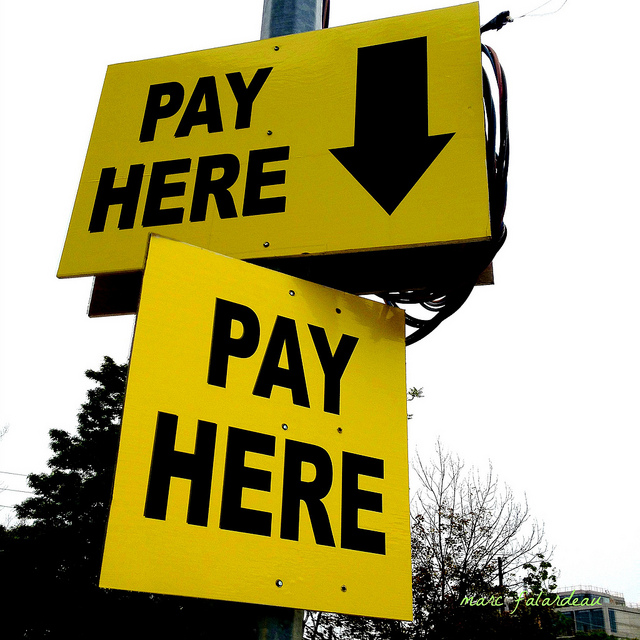Can I Get A Refund On My Travel Insurance Policy?
Your plans have changed, and suddenly you don’t need that travel insurance policy any more.
Is there any chance of getting a refund?
The short answer is that it really depends on the refund policy set out by your insurer.
In the United States, travel insurance policies have a “free look” period of 10 to 15 days where customers can review their policy and return it for a refund.
However, this free look policy isn’t required on travel insurance policies in Canada. Practically, this means that your travel insurance provider can set its own policy on refunds.
That said, there are a few general rules for refunds.
- Most companies will not allow a refund if you’ve already left on your trip, or if you’ve made a claim on your policy.
- Companies usually only allow a refund for a set number of days from when you first purchased your policy.
- Most companies don’t allow refunds on the trip cancellation or trip interruption portion of your travel insurance.
 You may need to provide the company with written notice of your cancellation. Ask the company if they require written notice; don’t assume that verbally cancelling the policy will get you a refund.
You may need to provide the company with written notice of your cancellation. Ask the company if they require written notice; don’t assume that verbally cancelling the policy will get you a refund.
Some policies will give you a refund on the unused portion of your trip, less a small administrative fee (usually around $20), as long as you haven’t made a claim.
For some policies, there’s some discretion regarding refunds. It never hurts to phone the insurance company and politely ask if you can get a refund on your policy.





Comments (0)